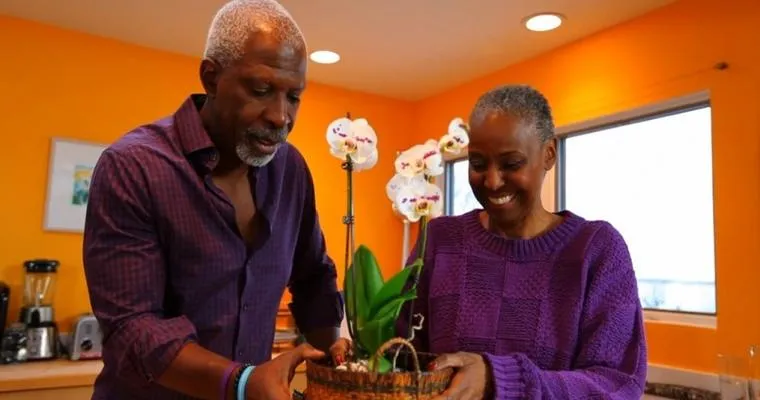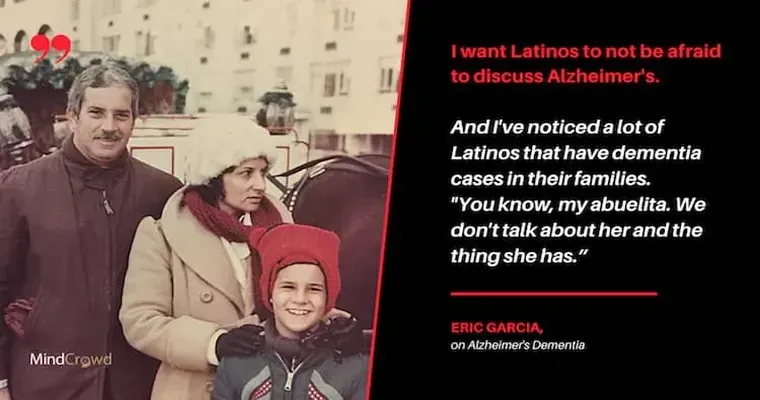Caring for a loved one with "early-onset Alzheimer's" can be an overwhelming experience, especially when the diagnosis strikes individuals in their 30s, 40s, or 50s. As a caregiver, you may find yourself navigating a complex emotional landscape while managing daily tasks and responsibilities. The challenges of providing support for someone with "early-onset dementia" can lead to significant stress, making it crucial for caregivers to recognize when they, too, need care.
Understanding Early-Onset Alzheimer's
Early-onset Alzheimer's is a form of dementia that affects individuals under the age of 65. This condition manifests in symptoms such as memory loss, difficulty in problem-solving, and mood changes, often requiring caregivers to step in and assist with daily activities. Unfortunately, the emotional and physical toll on caregivers can be substantial.
The Burden on Caregivers
Caregivers often place the needs of their loved ones above their own, leading to "caregiver burnout". This phenomenon can cause physical exhaustion, emotional distress, and even health issues. Recognizing the signs of burnout is vital. These may include:
Increased irritability or frustration
Withdrawal from social activities
Difficulty concentrating
Changes in sleep patterns
The Importance of Self-Care
Self-care is not a luxury; it is a necessity for caregivers. Engaging in regular self-care practices can help mitigate stress and ensure that caregivers can provide the best possible support. Here are some effective strategies:
1. "Seek Support": Join a support group for caregivers of individuals with early-onset Alzheimer's. Sharing experiences and advice can create a sense of community and reduce feelings of isolation.
2. "Take Breaks": Schedule regular breaks to recharge. Short walks, hobbies, or even quiet moments can provide a much-needed respite.
3. "Practice Mindfulness": Techniques such as meditation or yoga can help caregivers manage stress and improve mental clarity.
4. "Ask for Help": Don’t hesitate to reach out to family and friends for assistance. Whether it’s running errands or providing companionship, having a support network can alleviate some of the burdens.
Professional Assistance
In some cases, professional help may be necessary. Hiring a respite caregiver can provide relief, allowing primary caregivers to focus on their well-being. Additionally, consulting a mental health professional can offer valuable strategies for coping with the emotional challenges of caregiving.
Conclusion
Caring for someone with "early-onset Alzheimer's" is a demanding journey that can take a toll on the caregiver's health and well-being. Recognizing the signs of burnout and prioritizing self-care are essential steps in ensuring that caregivers can continue to provide support without sacrificing their own health. Remember, taking care of yourself is not selfish; it is a vital part of being an effective caregiver. By acknowledging your needs and seeking help when necessary, you can create a healthier balance between caregiving and self-care.





